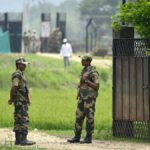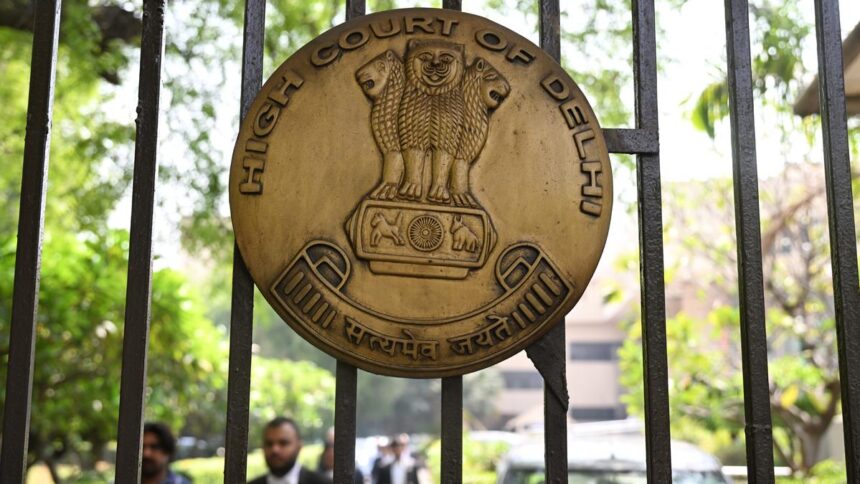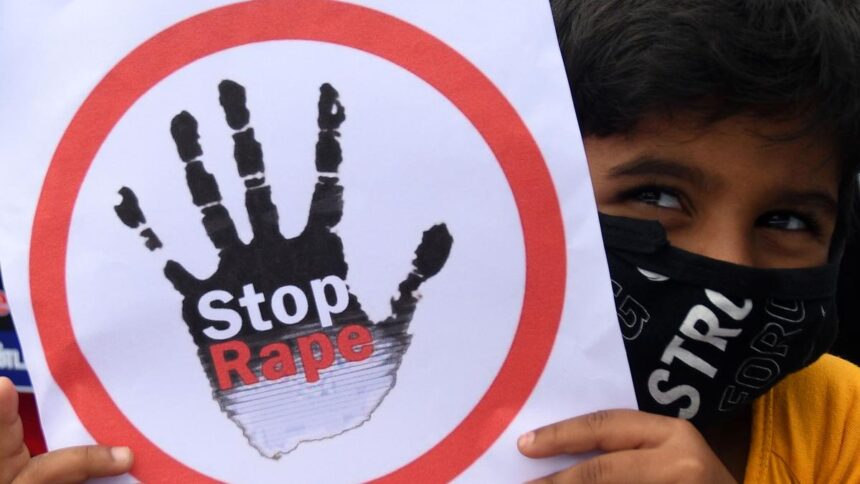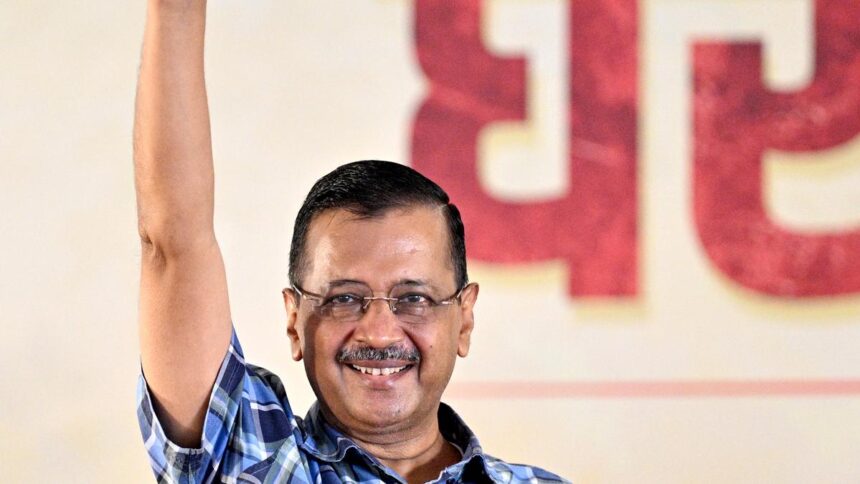A public hearing held at Ankola by the Karnataka State Pollution Control Board (KSPCB) and the district administration of Uttara Kannada regarding a proposed commercial port in Keni saw opposition from the locals and the fishers’ community in the region against the project.
People from the place and nearby villages gathered for the hearing, during which concerns about the unavailability of the full version of the Environmental Impact Assessment (EIA) report in Kannada, the short duration for which the study was conducted, and potential environmental damage and loss of livelihood due to the project were raised.
Mode of development
V.N. Nayak, marine biologist and resident of Honnavar, pointed out that the report offers no remedies for the environmental damage and pollution caused by the project, which is proposed in one of the most fertile fishing grounds.
Preetam Masurkar, who hails from Uttara Kannada, emphasised that the community is not against development, but projects need to be introduced in a systematic and people-friendly manner. According to him, the draft EIA report gave no such assurance.
As a case in point, he said the report offers automated spinkler systems at quarry site as a mitigation measure to minimise dust emission.
“Quarrying requires blasting, drilling, road transport, use of heavy machinery, hauling, loading, and storage. Is it practically possible to reduce dust by installing a sprinkler system when so many equipment are working at a time?” he questioned.
Exemption for rapid EIA?
It was in 2023 when JSW Infrastructure, a commercial port company, part of the JSW Group, won the bid for developing the port on a public-private partnership basis. However, the Uttara Kannada coasts are one of the most fertile fishing grounds.
Local communities, experts and activists have been opposing the project, citing potential environmental damage and displacement of livelihoods at this biodiversity hotspot.
A draft version of the EIA report, a 600-page document in English, whose summary alone was made available to the locals in Kannada, drew further ire from the fisher communities.
Raising questions about the duration of the study, Mahabaleshwar Hegde, a researcher who works with coastal communities in the region, asked if an exemption was provided to conduct a rapid EIA in three months instead of a comprehensive one-year study.
KSPCB response
Responding to this, a KSPCB official said that baseline data has been collected for three months, and a comprehensive study will be done if required. A project proponent from JSW Infrastructure added that according to the CRZ notification, a comprehensive study is required only for eroding coasts, and as per secondary scientific data and mapping carried out by ISRO Ankola was not categorised as one.
Mr. Hegde, however, countered this saying that various government documents and studies have shown that Ankola has a high-eroding coast. Mr. Nayak added to this, noting that according to ISRO data, the entire Uttara Kannada district is declared a critically vulnerable area.
‘No to unsolicited favours’
“The ocean is our wealth, and we are proud to rely on the sea for our livelihood. We don’t need the jobs and favours that are being offered by those behind this project,” said Lakshmi Kumar Keni, who was at the hearing.
Netravathi Suresh Harikantha, who hails from a fisher’s family in Keni, said, “I’m the daughter of a fisherman and fisherwoman, and I completed my studies with what we got from the sea. We haven’t asked for this kind of ‘development’.”
Published – August 22, 2025 11:45 pm IST
















